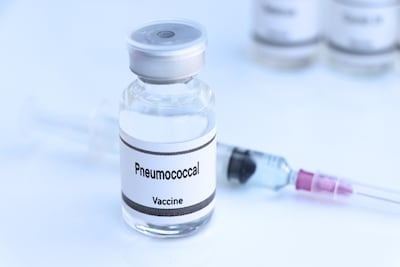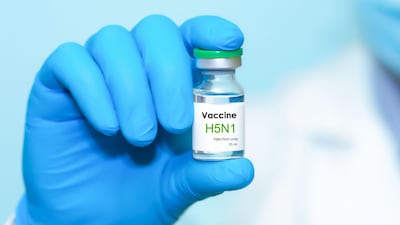
US Advisory Committees

Lexicon’s Zynquista: Negative Adcomm Vote In Type 1 Diabetes Includes Support For Revised Indication
Some panelists favored use in T1D patients with mild chronic kidney disease, even though that was not the original indication Lexicon proposed, which was rejected in an 11-3 vote.

The Pharmacy Compounding Advisory Committee unanimously voted to add hydroxyprogesterone caproate products for reducing the risk of recurrent singleton spontaneous preterm birth to the Withdrawn or Removed List under sections 503A and 503B of the Food, Drug and Cosmetic Act.

The Zynquista application in type 1 diabetes received a complete response letter in 2019. This time, Lexicon seeks approval for patients with T1D and chronic kidney disease. FDA review staff said making definitive conclusions about the magnitude of glucose-lowering effects in this population is difficult, and the risk of diabetic ketoacidosis remains.

Recent and upcoming US FDA advisory committee meetings and a summary of the topics covered.

The US CDC committee appears on track to recommend GSK’s five-in-one vaccine when use of both a quadrivalent vaccine and a separate meningitis B vaccine are indicated at the same visit, the approach adopted for Pfizer’s Penbraya.

Advisory Committee on Immunization Practices wants to shift from a risk-based to an age-based recommendation for PCV-naïve adults between the ages of 50 and 64. The recommendation would put Merck’s recently approved Capvaxive and Pfizer’s market-leading Prevnar 20 on equal footing.

The proposed ban would not affect compounding hydroxyprogesterone caproate for various gynecological indications which remain the subject of approved, albeit discontinued, new and generic drug applications, the US FDA said in an advisory committee briefing document.

At the advisory committee review of Stealth’s Barth syndrome treatment elamipretide, Office of New Drugs Director Peter Stein clarified the circumstances where clinical data in a related indication could serve as confirmatory evidence for a single adequate and well-controlled study.

Members of the Cardiovascular and Renal Drugs Advisory Committee repeatedly challenged Stealth’s assertion that a new randomized trial in Barth syndrome was not possible, but also said potential functional unblinding and other challenges could compromise a new study.

Pink Sheet reporter and editors discuss experts’ experience helping drug sponsors negotiate prices with CMS and the FDA’s proposal for a new pathway to update vaccines before a pandemic is declared.

US FDA Office of New Drugs Director Peter Stein says review divisions have made the case that a discussion-only meeting would solicit the necessary input.

The FDA’s vaccine advisory committee endorsed a new plan to update pandemic influenza vaccines “inter-pandemic,” but encouraged the agency to consider how to make the approach feasible for novel vaccine technologies.

The Cardiovascular and Renal Drugs Advisory Committee voted 10-6 that efficacy had been shown for the ultra-rare disease, but even panelists in the majority questioned whether the product satisfied the threshold requirement for an adequate and well-controlled study.

The threat of a highly pathogenic avian influenza pandemic spurred the FDA to have its vaccine advisory committee comment on a new process to update licensed prototype pandemic flu vaccines.

The Cardiovascular and Renal Drugs Advisory Committee will consider whether open-label extension data from a randomized trial that failed its primary endpoint, along with a historical control comparison, are enough to support approval in the ultra-rare disease.

Recent and upcoming US FDA advisory committee meetings and a summary of the topics covered.

Pink Sheet reporters and editors discuss Pfizer’s abrupt decision to withdraw Oxbryta, the US FDA’s Oncologic Drugs Advisory Committee bringing sponsors of approved products back to discuss labeling changes while competitors are pending, and the new CEO of a generic industry trade association.

Maturing data supporting first-line indications for Merck’s Keytruda, Bristol’s Opdivo and BeiGene’s Tevimbra show inadequate efficacy for patients at the lowest level of PD-L1 expression in esophageal and gastric cancers.